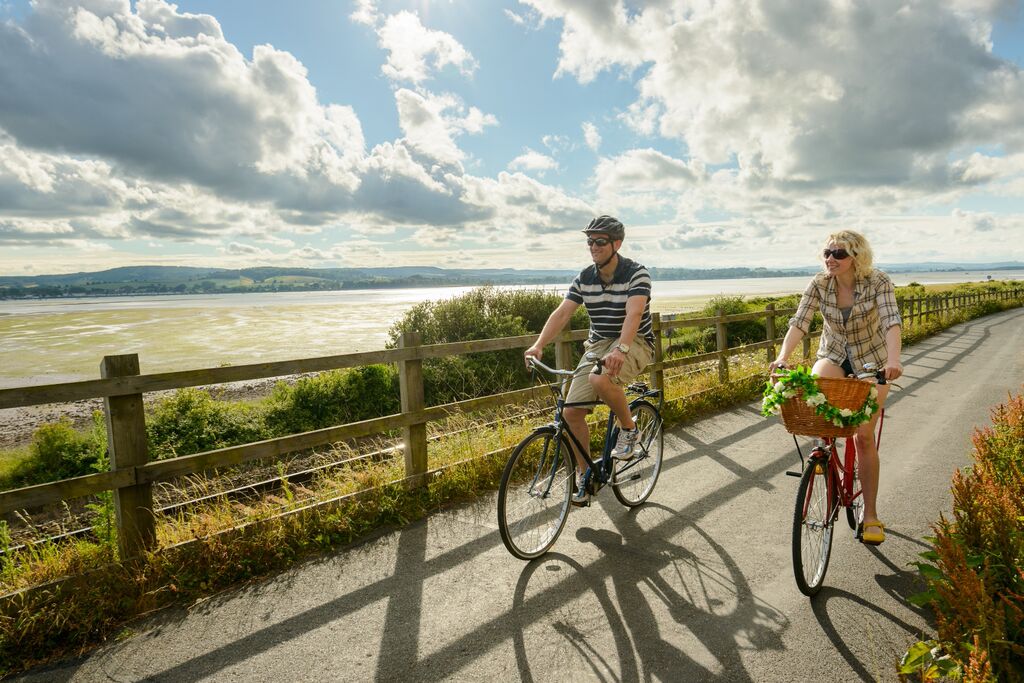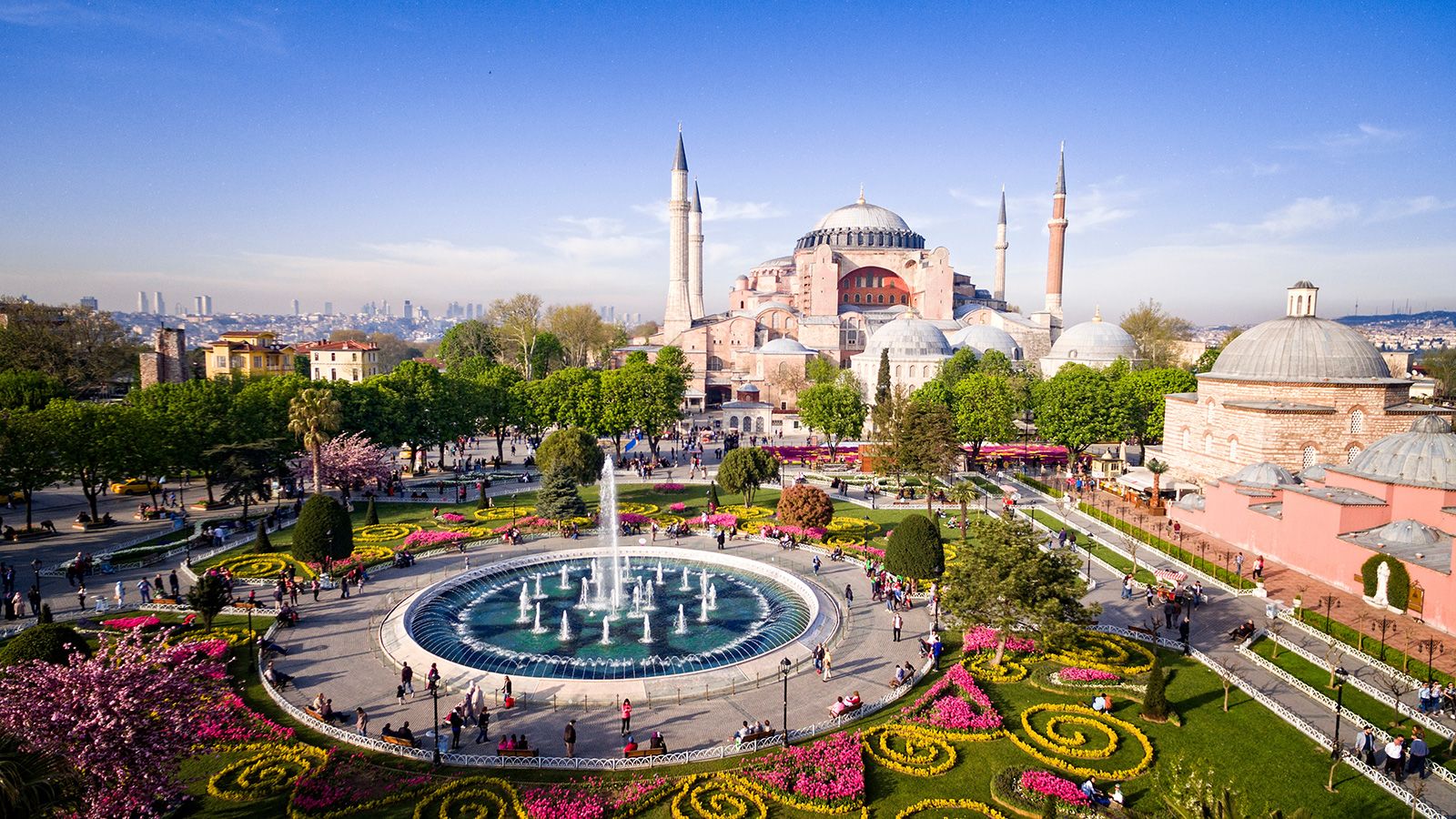High-Return Investments: How Tourism-Driven Commercial Real Estate Delivers Strong ROI
High-return investments in real estate are characterized by strong rental yields, capital appreciation, and resilience against market fluctuations. Portugal has emerged as a prime location for this type of strategy, supported by its thriving tourism sector, transparent regulatory framework, and steady inflow of foreign capital. For investors, this creates a solid environment where commercial assets consistently outperform expectations. When evaluating real estate investment options, Portugal’s combination of high demand and favorable economic conditions sets it apart within Europe.
Within this market, three segments demonstrate particularly strong potential: hotels, aparthotels, and retail properties in high-traffic tourist areas. These assets benefit from year-round visitor demand, diversified income streams, and strategic positioning in Portugal’s most dynamic urban and resort destinations. For investors seeking both reliable passive income and long-term value growth, commercial real estate in Portugal linked to tourism remains one of the most compelling opportunities available.
Why Tourism is the Foundation of High ROI
Portugal’s rise as a leading European tourism destination is the bedrock of high-return investments in commercial real estate. In 2024, the country registered approximately 29 million international visitors, marking a 9.3% increase over the previous year, supported by both inbound leisure and business travel. Complementing this, total guest nights from January to October 2024 reached 78.27 million, with international tourists accounting for 68.1% of stays, underscoring the substantial volume of accommodation demand.
New data for 2025 further confirms the sector’s strength: Portugal’s Travel & Tourism sector is forecasted to contribute €62.7 billion to GDP, representing 21.5% of national output, while supporting 1.2 million jobs — almost one-quarter of total employment. At the same time, domestic travel surged in Q1 2025, with resident trips increasing by 16% year-on-year (~5.2 million trips), signaling robust internal demand across hospitality, retail, and service sectors.
These trends directly enhance ROI in real estate across tourism-linked commercial segments. The following table illustrates how these tourism dynamics translate into investment performance:
| Indicator | 2023 / 2024 | 2025 Forecast / Update | Investment Implication |
| International Visitors | ~26.5M → 29M (+9.3%) | — | Higher occupancy, stronger rental demand |
| Guest Nights (Jan–Oct) | — | 78.27M total; 68.1% international | Sustained accommodation usage |
| Tourism GDP Contribution | ~15–16% | 21.5% (€62.7 bn) | Tourism is central to economic growth, enhancing asset backing |
| Domestic Trips (Q1) | — | +16% YoY → 5.2M trips | Broadens market for regional property investment |
| Employment Supported by Tourism | — | 1.2M jobs (~25% of total) | Underwrites economic stability and local infrastructure |
Beyond the numbers, Portugal benefits from a geographically diversified appeal. Lisbon, Porto, the Algarve, and Madeira continue attracting a mix of holidaymakers, conference delegates, expats, and digital nomads. Lisbon saw over 7.7 million visitors in 2022, with corresponding tourism receipts estimated at €17.4 billion, highlighting the sustained demand in urban markets. Meanwhile, the hospitality sector, buoyed by international investment and government support, accounted for 24% of commercial growth in 2025.
These interlinked trends create an investment environment where real estate investment Portugal — particularly in real estate opportunities Portugal oriented to tourism — follows reliable, data-backed trajectories. Investors can expect steady occupancy, resilient demand, and tailwinds from both domestic and foreign tourism growth — all hallmarks of sustainable high-return investing.
Hotels: Stability Through Consistent Demand
Hotels remain one of the most resilient categories within commercial real estate in Portugal, driven by a combination of leisure, business, and event-related tourism. In Lisbon, Porto, and the Algarve, consistent demand ensures high occupancy rates, supported by year-round travel flows rather than purely seasonal peaks. For investors, this translates into predictable cash flows and reduced volatility, making hotels an anchor for real estate investment Portugal.
Investment Advantages:
● Lisbon: Strong occupancy from international city-break tourists, corporate travelers, and conferences.
● Porto: Cultural tourism and rising MICE (Meetings, Incentives, Conferences, Exhibitions) activity expand demand.
● Algarve: Seasonal peaks complemented by long-stay visitors and golf or resort tourism.
● Madeira: Gaining prominence with premium, nature-driven hospitality.
International operators are increasingly entering the Portuguese market, providing long-term lease stability and professional management structures. Gross yields for hotels for investment in Portugal typically range between 6% and 8%, with upside potential in prime assets linked to established hospitality brands. For investors seeking secure ROI in real estate, hotels stand out as a stable and professionally managed asset class with proven resilience.
Aparthotels: Flexibility and Hybrid Returns
Aparthotels in Portugal have emerged as one of the most dynamic segments of tourism property investment, blending the advantages of hospitality with the appeal of residential living. Unlike traditional hotels, aparthotels allow operators to target diverse market segments and implement flexible rental strategies, leading to higher yields and more resilient occupancy. For investors, this hybrid structure offers the potential for superior ROI in real estate, particularly in markets where both short- and medium-term stays are in high demand.
Target Markets:
● Digital nomads: Increasingly choosing Lisbon and Porto, supported by Portugal’s remote work visas.
● Families: Seeking larger units with kitchen facilities for extended holidays.
● Business travelers & expats: Medium-term stays with a balance of comfort and service.
● Seasonal residents: Visitors combining tourism with temporary relocation.
Well-managed aparthotels Portugal can achieve gross yields between 7% and 10%, outperforming traditional hotels in some cases. Their adaptability — switching between daily, weekly, and monthly rates — ensures steady revenue streams throughout the year. Additionally, the rise of international operators and branded serviced apartments is boosting institutional interest, making aparthotels a strategic addition to diversified real estate investment Portugal portfolios.
Retail in High-Footfall Tourist Zones
Retail properties in Portugal’s most visited areas remain a core component of high-return investments, supported by the strong purchasing power of both international visitors and domestic consumers. Prime retail assets in Lisbon, Porto, and resort regions benefit from high tourist volumes and strong brand demand, making them an attractive segment of commercial real estate Portugal. For investors, these locations combine stable lease structures with long-term capital appreciation potential, creating reliable opportunities for passive income real estate.
Key Locations and Drivers:
● Lisbon: Avenida da Liberdade and Baixa-Chiado, home to luxury and flagship international retailers.
● Porto: Santa Catarina Street and Ribeira district, combining local commerce with heavy tourist flows.
● Algarve: Resort-based retail, marinas, and shopping centers catering to seasonal high-spending visitors.
● Madeira: Increasingly attractive for boutique retail linked to premium tourism.
Retail property in Portugal’s tourist zones often secures gross yields between 5% and 7%, with upside potential from lease renegotiations or repositioning strategies. Location and visibility remain the decisive factors, with assets in high-footfall areas outperforming national averages. As Portugal’s tourism sector grows, retail property Portugal continues to offer investors a stable and income-generating entry point into the market.
Key ROI Drivers and Risk Mitigation
The success of high-return investments in commercial real estate Portugal depends on a combination of strong market fundamentals and careful risk management. Investors targeting real estate opportunities Portugal should evaluate the main factors driving returns while implementing strategies that ensure long-term stability.
ROI Drivers:
● Prime Location: Properties in high-traffic tourist areas maintain superior occupancy and rental rates.
● Professional Management: Skilled operators improve efficiency, reduce vacancy, and stabilize cash flow.
● Lease Structure: Long-term contracts with escalations or triple-net agreements increase predictability.
● Government Support: Ongoing investment in tourism infrastructure, transport, and incentives enhances demand.
Risk Mitigation Strategies:
● Diversification: Spreading capital across hotels, aparthotels, and retail reduces exposure to single-market risks.
● Partnerships: Collaborating with established operators ensures operational expertise and international branding.
● Regulatory Stability: Portugal’s transparent property laws and investor-friendly policies safeguard long-term investments.
● Market Adaptability: Flexible rental strategies and asset repositioning protect against seasonal or cyclical shifts.
By aligning these drivers with a clear risk framework, investors secure more reliable ROI in real estate while positioning their portfolios to benefit from Portugal’s sustained tourism growth.
Conclusion
Tourism-driven assets such as hotels, aparthotels, and retail in prime visitor zones have proven to be among the most reliable high-return investments in Portugal. Consistent visitor growth, diversified demand from both international and domestic travelers, and strong government support for the tourism economy create a robust foundation for sustained rental yields and long-term capital appreciation. For investors, these factors make commercial real estate Portugal one of the most attractive asset classes in Europe.
At the same time, risk can be effectively managed through diversification, professional management, and careful asset selection. With tourism forecasted to expand further in 2025 and beyond, the market outlook remains favorable for strategic real estate investment Portugal. Investors seeking stable income and long-term growth should consider tourism-linked commercial assets, where guidance from an experienced partner such as Roca Estate ensures access to the most compelling opportunities and market insights.
Partner with Roca Estate to identify the most promising commercial real estate opportunities in Portugal. Contact our team today for tailored investment strategies that maximize ROI while minimizing risk.




